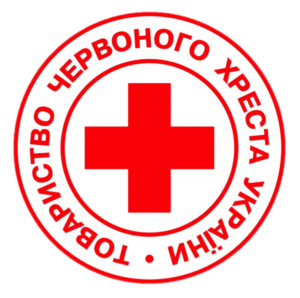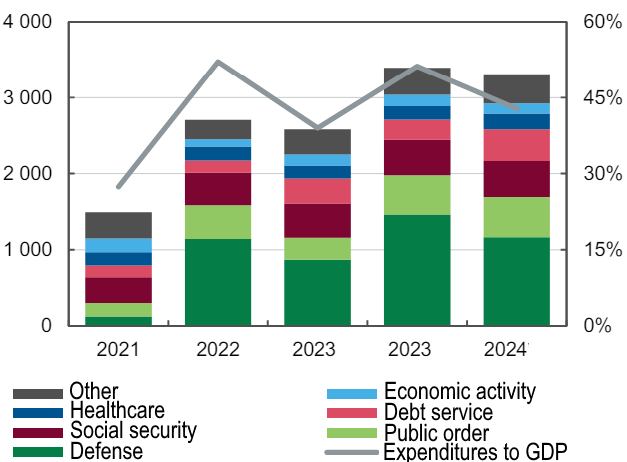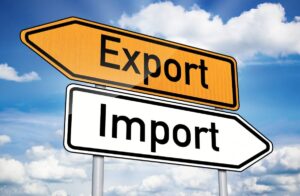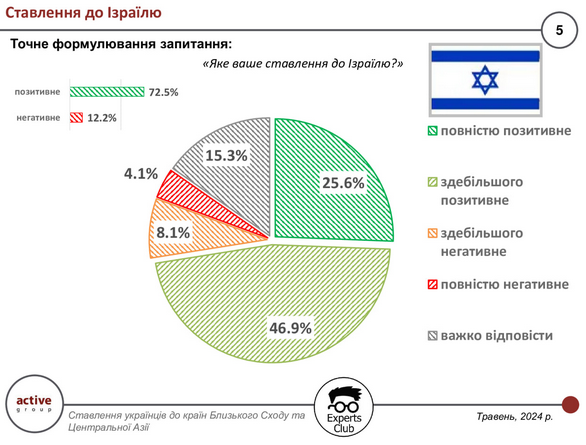
More than a thousand families have received monetary assistance from the Ukrainian Red Cross for rehabilitation.
“1,196 families from Kiev and Mykolaiv have received monetary assistance from the Ukrainian Red Cross for the rehabilitation of children and adults totaling more than 35 million hryvnias,” the Ukrainian Red Cross said on Facebook on Thursday.
The Ukrainian Red Cross provided cash assistance to patients undergoing rehabilitation at the National Children’s Specialized Hospital of the Ministry of Health of Ukraine “Okhmatdet” in Kiev and several rehabilitation centers in Mykolaiv under the Cash for Rehabilitation program supported by the British Red Cross. Each patient under the program received 30 thousand hryvnias.
“This amount was determined based on the results of a preliminary survey among families whose children or relatives are undergoing or need physical rehabilitation in medical institutions of the country, in particular, in the Okhmatdet hospital in Kiev and institutions in Mykolaiv,” said Elena Skrypnikova, head of the Innovative Financing Department of the Ukrainian Red Cross.
According to her, the categories of injuries and illnesses for which monetary assistance is provided have also been defined: rehabilitation after wounds received as a result of hostilities or the action of explosive objects; rehabilitation services due to congenital diseases; rehabilitation due to chronic diseases, in particular, oncological, cardiovascular and others.
The majority of children and adults who received cash assistance already have disability status or are in the process of obtaining it. In addition, families surveyed indicated a need for auxiliary aids such as wheelchairs, walkers, hand or foot orthoses.
Components of state budget expenditures in 2021-2024, UAH bln

Source: Open4Business.com.ua and experts.news

The Ministry of Economy of Ukraine, together with the European Union and the German government, has launched a new grant program worth EUR 480 thousand, under which 12 small and medium-sized enterprises will be able to receive funding of up to EUR 40 thousand to develop their exports, the press service of the Ministry of Economy reports.
According to the report, the program is open to small and medium-sized Ukrainian businesses operating in the processing industry (food, light industry, mechanical engineering, construction, furniture manufacturing, etc.), the creative industry (fashion, design, etc.), and other industries with export and innovation potential.
The project is expected to provide 12 selected participants with a grant of up to EUR 40 thousand each, as well as group and individual consultations from experts, networking sessions, and other activities that will help identify and eliminate processes that “block” businesses on the way to export and innovation development.
Applications for participation in the grant program can be submitted until 23:59 on June 25, 2024 on the project website.
“Since the start of the full-scale Russian invasion, the EU4Business program has provided almost EUR 8 million to support SMEs in Ukraine (…). With this grant program, we want to help Ukrainian businesses overcome the consequences of the war, provide access to finance, help them find new markets, and improve the business environment in Ukraine,” said Henrik Witfeldt, Head of Public Finance, Business Support and Social Policy at the EU Delegation to Ukraine.
As reported, the EUR 480,000 grant program for small and medium-sized businesses is part of the EU4Business international cooperation program: SME recovery, competitiveness and internationalization. It is jointly funded by the European Union and the German government and implemented by the German federal company Deutsche Gesellschaft für Internationale Zusammenarbeit (GIZ) GmbH. The program’s implementing partner in Ukraine is the Global Compact Network in Ukraine.

The European Bank for Reconstruction and Development (EBRD) plans to provide EUR140 million in guarantee financing to state-owned PrivatBank (Kyiv), which will cover up to 50% of the credit risk on new loans of EUR400 million in equivalent.
According to information on the bank’s website on Thursday, its board of directors intends to consider this project on July 24, 2024.
It is specified that the guarantee funding will be provided to PrivatBank in two equal tranches, each of which will provide partial coverage of risks under new loans worth EUR 200 million, while only one tranche has been agreed upon so far.
The project also provides for a sub-limit of up to EUR 60 million to finance long-term investments by micro, small and medium-sized enterprises (MSMEs) to modernize technologies and equipment in accordance with EU standards, including investments in sustainable and green technologies (70% of the sub-limit), thereby increasing the competitiveness of enterprises.
It is noted that eligible sub-borrowers will also receive EU-funded technical assistance and grant support in the form of investment incentives after the completion of investment projects.
According to the EBRD website, the financing is intended primarily to support Ukrainian companies in primary and secondary agriculture, as well as other critical sectors necessary to ensure the country’s energy security.
“At the same time, priority will be given to MSMEs and corporate borrowers investing in projects that increase energy security and efficiency in Ukraine,” the release says.
As reported, EBRD Vice President Matteo Patrone and PrivatBank CEO Gerhard Bösch signed a letter of intent to start working on a risk-sharing agreement during the Ukraine Recovery Conference in Berlin on June 11-12.
According to the National Bank of Ukraine, as of May 1, 2024, PrivatBank ranked 1st in terms of assets (UAH 857.00 billion) among 63 banks operating in the country. The financial institution’s net profit last year amounted to UAH 37.8 billion. The EBRD notes that the state-owned bank’s network currently includes 1,200 branches across the country, 6,800 ATMs and 1,040 terminals.

Active Group and Experts Club conducted a joint study on the attitudes of Ukrainians toward the countries of East Asia and the Middle East. The study was presented at the Interfax-Ukraine news agency in June 2024. The research was presented by Maksym Urakin and Oleksandr Poznyi. The results of the study are as follows:

The results of the survey are as follows:
Completely positive – 25.6
Mostly positive – 46.9 %.
Mostly negative – 8.1 %.
Completely negative – 4.1%.
Difficult to answer – 15.3%.
Positive – Negative – 60.3
On December 26, 1991, diplomatic relations between Ukraine and the State of Israel were established. In 1993, the Embassy of the State of Israel was opened in Kyiv.
The joint survey by Active Group and Experts Club on the attitudes of Ukrainians towards East Asia and the Middle East was conducted in April-May 2024. It covers such countries as Turkey, Iran, Israel, Egypt, Jordan, Saudi Arabia, UAE, Afghanistan, Pakistan, Azerbaijan, Uzbekistan, Turkmenistan, Kyrgyzstan, Tajikistan, Kazakhstan, Georgia, Armenia, India, China, Republic of Korea, DPRK, Japan, Vietnam, Indonesia, Syria, and Iraq. Full information on the research is available on the website of the Club of Experts at

Active Group and Experts Club have conducted a joint study on the attitudes of Ukrainians towards the countries of East Asia and the Middle East. The research was presented at the Interfax-Ukraine news agency in June 2024. The research was presented by Maksym Urakin and Oleksandr Poznyi. The results of the study are as follows:

The results of the study are as follows:
Completely positive – 1.7
Mostly positive – 5.0
Mostly negative – 22.7
Completely negative – 53.6
Difficult to answer – 17.0%.
Positive – Negative – 69.6%.
On January 22, 1992, diplomatic relations between Ukraine and Iran were established. Since the end of January 1992, the Iranian Embassy has been operating in Kyiv.
The joint research by Active Group and Experts Club on the attitudes of Ukrainians towards the countries of East Asia and the Middle East was conducted in April-May 2024. It covers such countries as Turkey, Iran, Israel, Egypt, Jordan, Saudi Arabia, UAE, Afghanistan, Pakistan, Azerbaijan, Uzbekistan, Turkmenistan, Kyrgyzstan, Tajikistan, Kazakhstan, Georgia, Armenia, India, China, Republic of Korea, DPRK, Japan, Vietnam, Indonesia, Syria, and Iraq. Full information on the research is available on the website of the Club of Experts at
Video – https://interfax.com.ua/news/video/986648.html